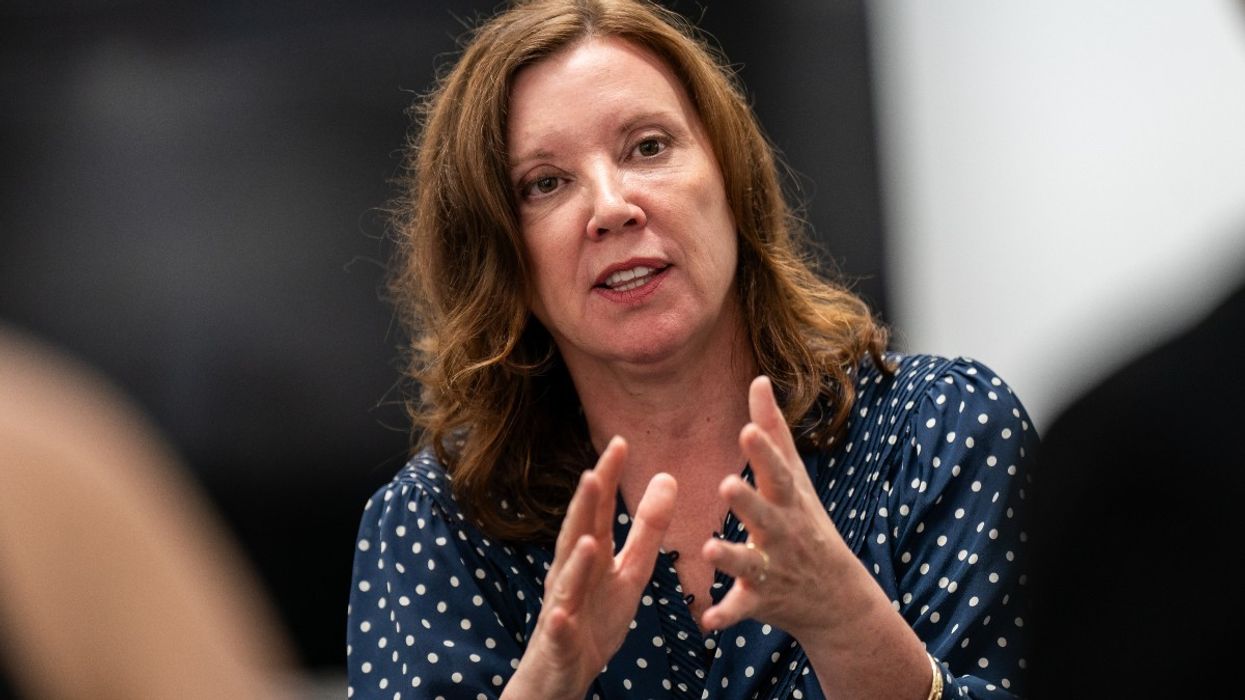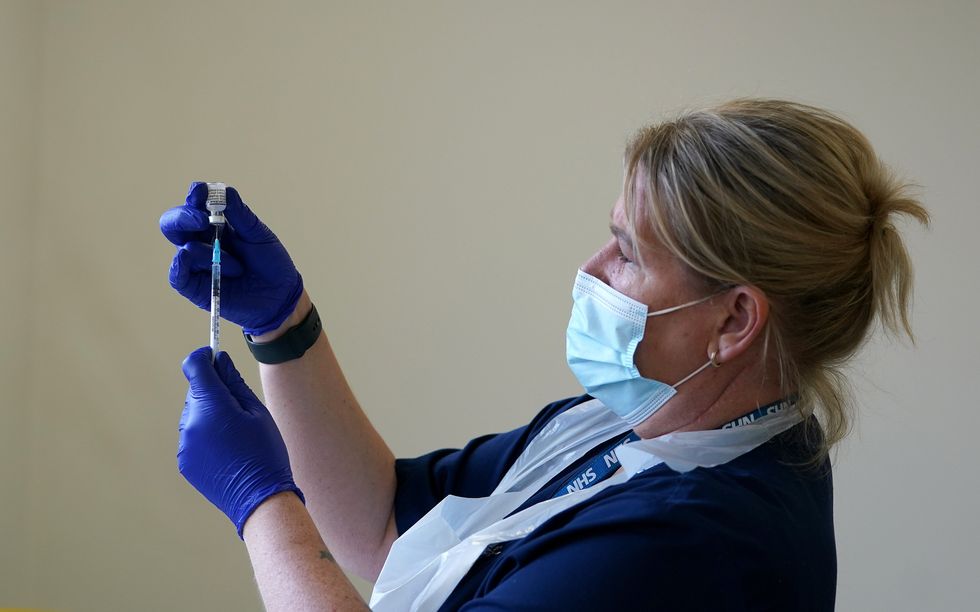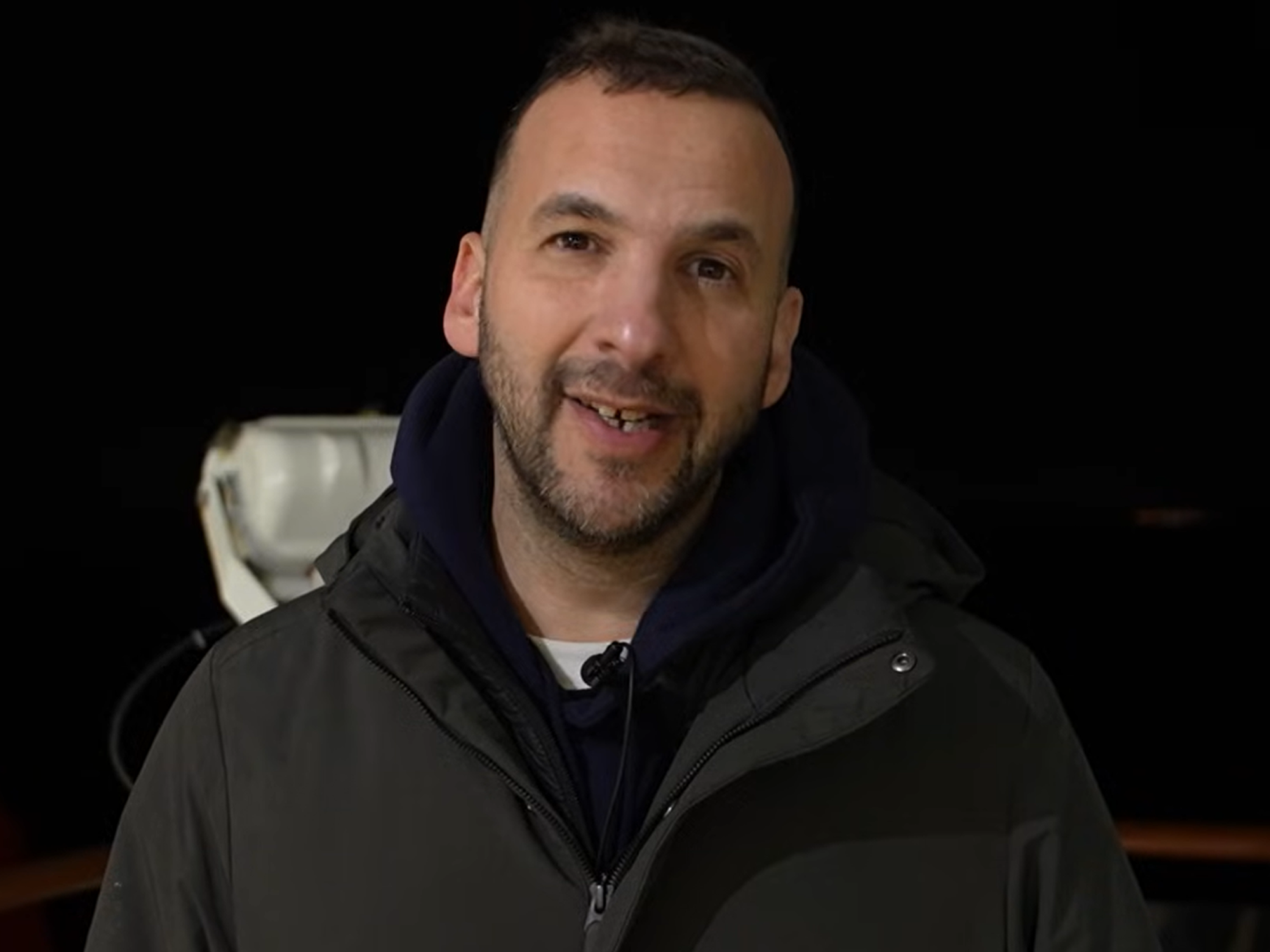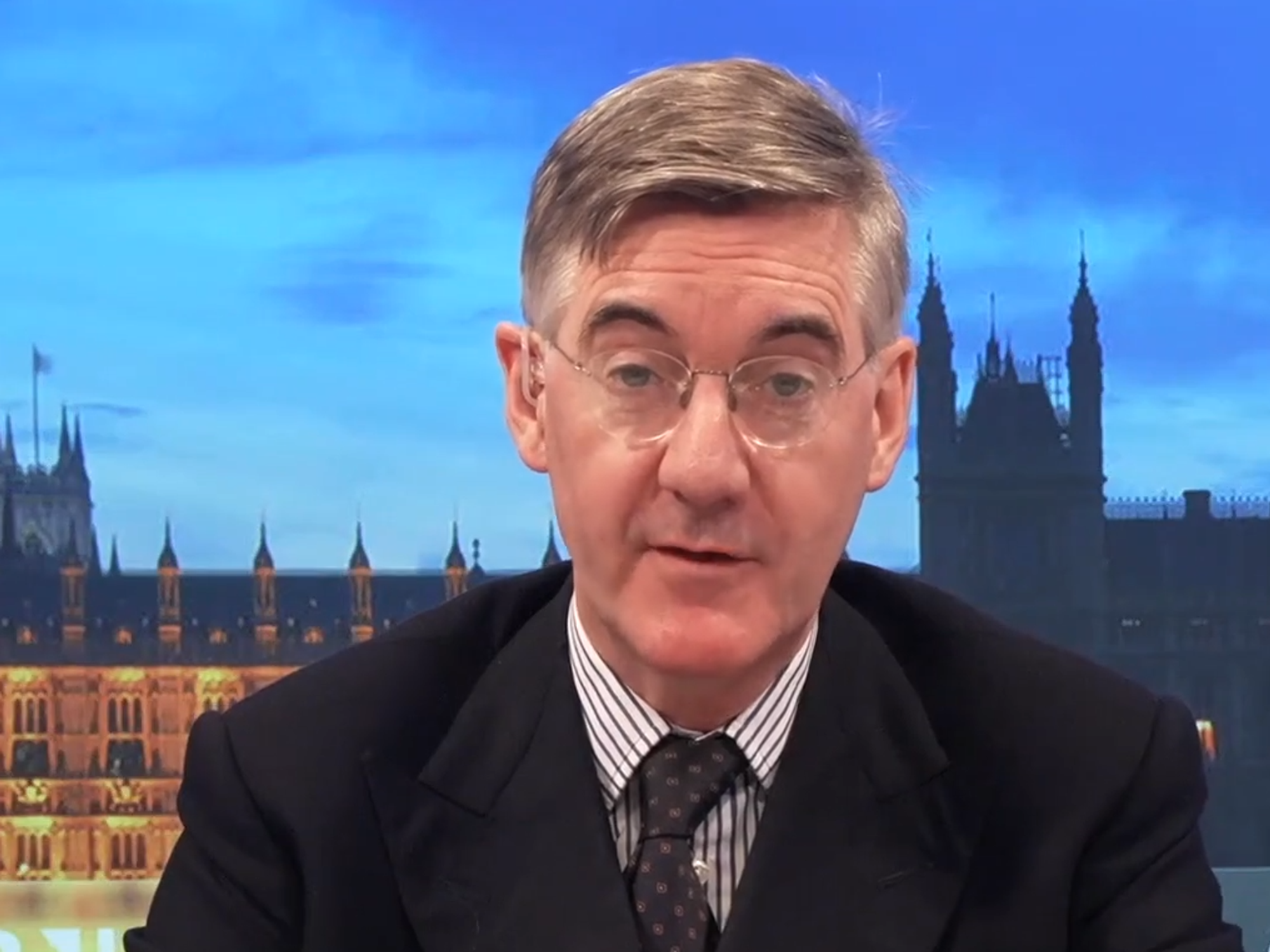Landmark census reveals how schools are being left to fill the gaps for sick and vulnerable children

Dame Rachel de Souza told GB News that 'we are seeing a frightening, but preventable, fall in children’s health outcomes' | PA
The report found the number of school nurses has fallen by 33 per cent since 2009
Don't Miss
Most Read
Trending on GB News
Schools are being forced to pick up the pieces for vulnerable children as overstretched health and social services fail them, a landmark census by the Children’s Commissioner will reveal next week.
The first study of its kind, to be released tomorrow, will give a nationwide account of how schools have become the de facto frontline of children’s health and welfare for youngsters with wide-ranging and complex problems - from mental health and bereavement to homelessness and special needs.
The findings come amid a backdrop of growing concern about children’s declining health in England, including spiralling rates of mental illness, tooth decay, eating disorders and obesity, as well as falling childhood vaccination rates.
The report will state that school leaders are “deeply concerned about children’s lives beyond the classroom” as schools “struggle to fill gaps in support without the backing of wider services”.
And it will provide a “near comprehensive picture” of how schools are supporting their pupils’ non-educational needs - “far beyond those within the formally recognised system of Special Educational Needs and Disabilities”.
Yet despite this, the study will also reveal that many schools no longer have access to a school nurse - and most do not have an on-site vaccination clinic.
The census of state school leaders found:
- The number of school nurses has fallen by 33 per cent since 2009.
- Only 44 per cent of primary schools and 68 per cent of secondaries have access to a school nurse.
- Just 13 per cent of primaries and 37 per cent of secondaries provide on-site vaccination clinics.
- Nurses are more common in deprived areas (48 per cent of primaries, 81 per cent of secondaries) than in better-off schools, but even here, provision is patchy.

The Children’s Commissioner's census found the number of school nurses has fallen by 33 per cent since 2009
|PA
The report will highlight the importance of school nurses - once an everyday figure - checking vaccination books, spotting health problems early, supporting at-risk children and being the person pupils turned to in times of crisis.
Children’s Commissioner Dame Rachel de Souza told GB News: “We are seeing a frightening, but preventable, fall in children’s health outcomes, as well as in vaccination rates, and children and families have spoken to me about long delays in accessing healthcare services in their areas.
She said: “This is not just a public health concern but a failure to uphold children’s rights.”
She added: “Many of us who grew up in previous generations remember the school nurse as a central and trusted member of staff; the person we visited when we were at our most vulnerable. This is no longer the experience of children in school today.
LATEST DEVELOPMENTS:“My census will show the scale of how schools are stepping up to support the diverse range of needs in their children’s lives - but we cannot leave schools and teachers to pick up the pieces when other local services are overwhelmed.
“As a minimum, I want every school to have access to a school nurse, an educational psychologist, a Mental Health Support Team and a family support officer so that escalation to secondary services can occur when it is deemed appropriate.”
One Birmingham headteacher said: “We pay for a school nurse one day a week… She used to do EpiPen/allergy/asthma training… She has been here for years, knows families, remembers issues. Other schools in the consortium have cut her.”
The report comes against a bleak national backdrop.
One in five children has a diagnosable mental health condition - the equivalent of four pupils in the average secondary classroom, and up from one in eight in 2017 - but only a third receive treatment. Hundreds are sent far from home because local NHS beds are unavailable.
Nearly 170,000 children are homeless and growing up in temporary accommodation - the highest since records began - with charities warning of disrupted schooling and rising health risks.
A record 1,700 children a day are referred to services due to neglect, abuse or trauma.
Vaccination uptake in England has hit its lowest level in over a decade, with none of the routine childhood vaccines meeting the World Health Organisation’s 95 per cent target.
MMR coverage - essential for herd immunity - now stands at just 88.8 per cent, down sharply from 92.7 per cent ten years ago.
Schools also say more pupils are struggling after losing parents or siblings, but specialist counselling is scarce.
Dame Rachel has said children too often “fight to get even the basics” of care.
She added: “My census will show the scale of how schools are stepping up to support the diverse range of needs in their children’s lives - but we cannot leave schools and teachers to pick up the pieces when other local services are overwhelmed,” she said.
More From GB News










